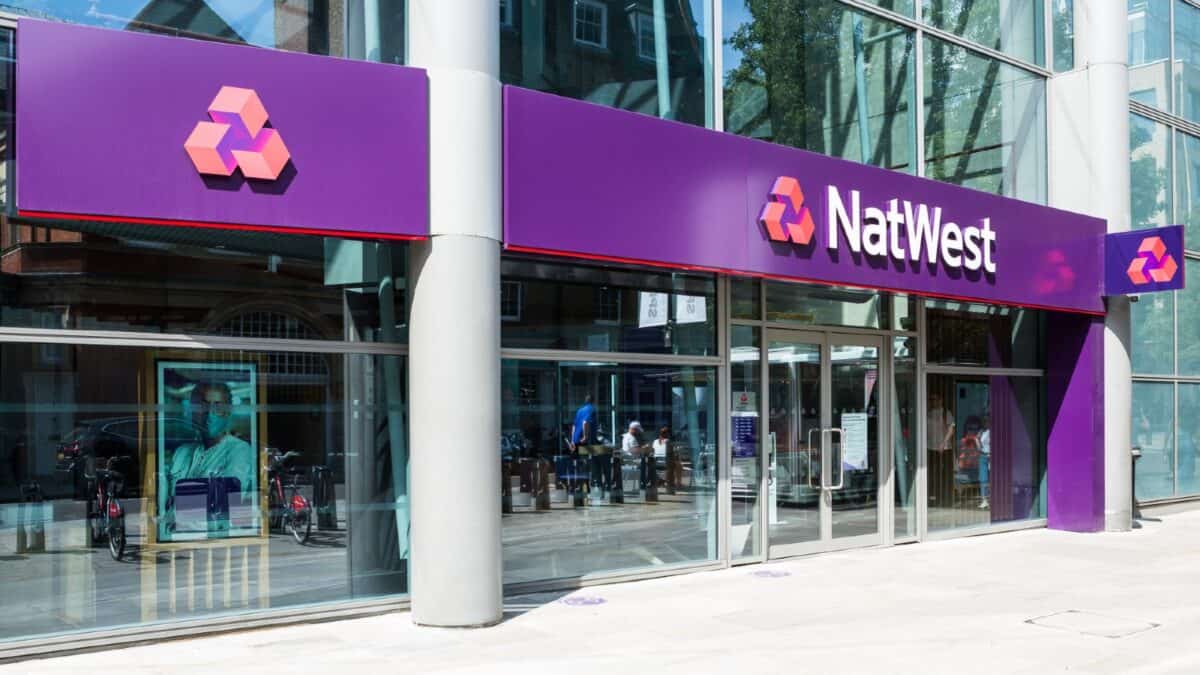Since the start of the year, NatWest (LSE:NWG) shares have dropped 25% and trade at a price-to-earnings (P/E) ratio of four.
Shares in Lloyds Banking Group (LSE:LLOY) are down 8% and trade at a P/E ratio of five.
With the UK banking sector has been under pressure this year, I think this is a good time to be looking for investment opportunities. But which is the better stock to buy out of Lloyds and NatWest?
Passive income stocks: our picks
Do you like the idea of dividend income?
The prospect of investing in a company just once, then sitting back and watching as it potentially pays a dividend out over and over?
If you’re excited by the thought of regular passive income payments, as well as the potential for significant growth on your initial investment…
Then we think you’ll want to see this report inside Motley Fool Share Advisor — ‘5 Essential Stocks For Passive Income Seekers’.
What’s more, today we’re giving away one of these stock picks, absolutely free!
Profitability
Both Lloyds and NatWest make money by providing loans and using deposits to finance them. That makes their net interest margin – the difference between the interest the banks receive and the interest they pay – crucial.
According to their recent results, both companies have seen some contraction recently. At Lloyds, net interest margin has contracted from 3.14% to 3.08% and NatWest’s margin has come down from 3.13% to 2.94%.
This is reflective of wider pressure on the sector as rising interest rates are pushing up the cost of consumer deposits. But there’s a more important point here.
Lloyds has a slightly higher margin at the moment, which is an advantage. And this has been the case over the last decade, with the bank maintaining an average net interest margin of 1.89% compared to 1.84% for NatWest.
Returns
Another important metric for banks is return on tangible equity. This measures how efficiently a bank is using its deposits to generate profit.
The most recent reports indicate that NatWest has an advantage on this score. The bank’s 17.1% return on tangible equity is higher than the 16.6% Lloyds currently achieves.
There’s another important point related to this. Current share prices imply investors are paying 70p per £1 of equity in NatWest, compared to 90p for Lloyds.
In other words, NatWest generates higher returns on equity that currently trades at a lower price. That’s a significant reason for me to prefer the stock to Lloyds.
Risks
Both stocks come with risks – bank shares in general wax and wane with the broader economy. But there are a couple of specific issues with NatWest that catch my attention.
One is the former CEO’s recent departure after talking to a BBC reporter in breach of GDPR guidelines. While those might have been dealt with in the short term, I’m concerned about a lack of internal controls.
Another is the high level of ownership on the UK government. When the time comes to sell this, I’d expect a drop in the company’s share price as significant volume hits the market.
Lloyds isn’t without risk of its own – the business is seeing increasing loan losses, which investors will want to keep an eye on. But I think it has fewer specific risks than NatWest.
Which stock to buy?
To me, it looks like NatWest shares offer the greater risk with the greater potential reward. On the other side, Lloyds seems like a more steady and stable offering.
In terms of which stock I’d buy, I’d opt for Lloyds. In a sector that is under pressure at the moment, I think the better move is to buy the best operator at a bargain price, rather than take on extra risk.








